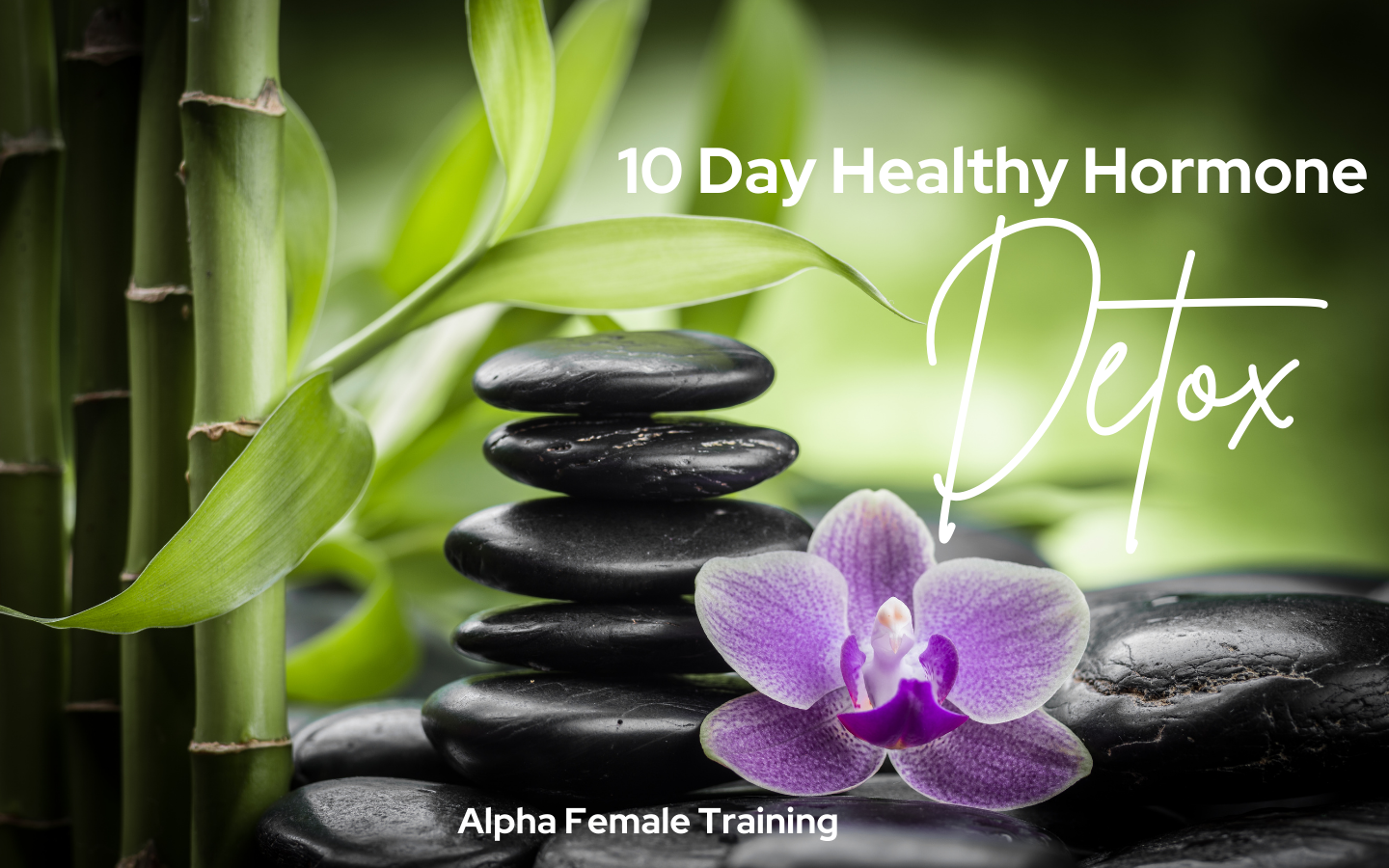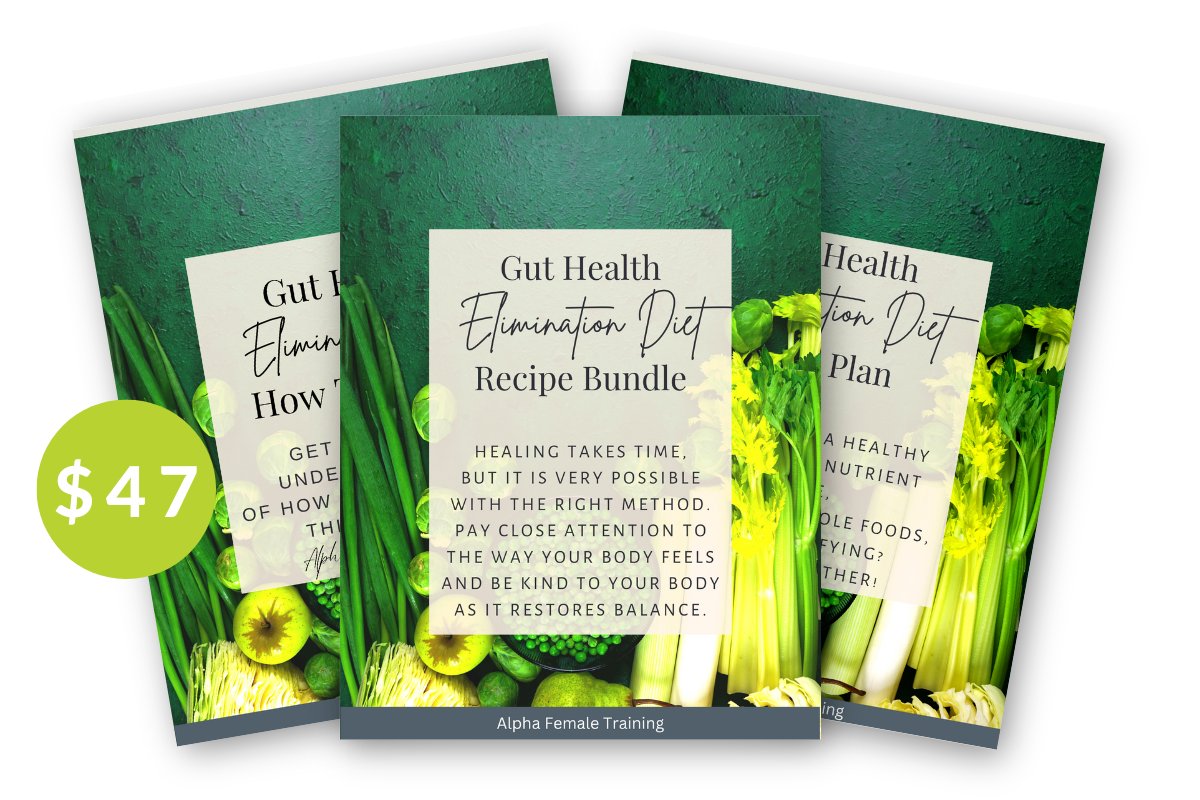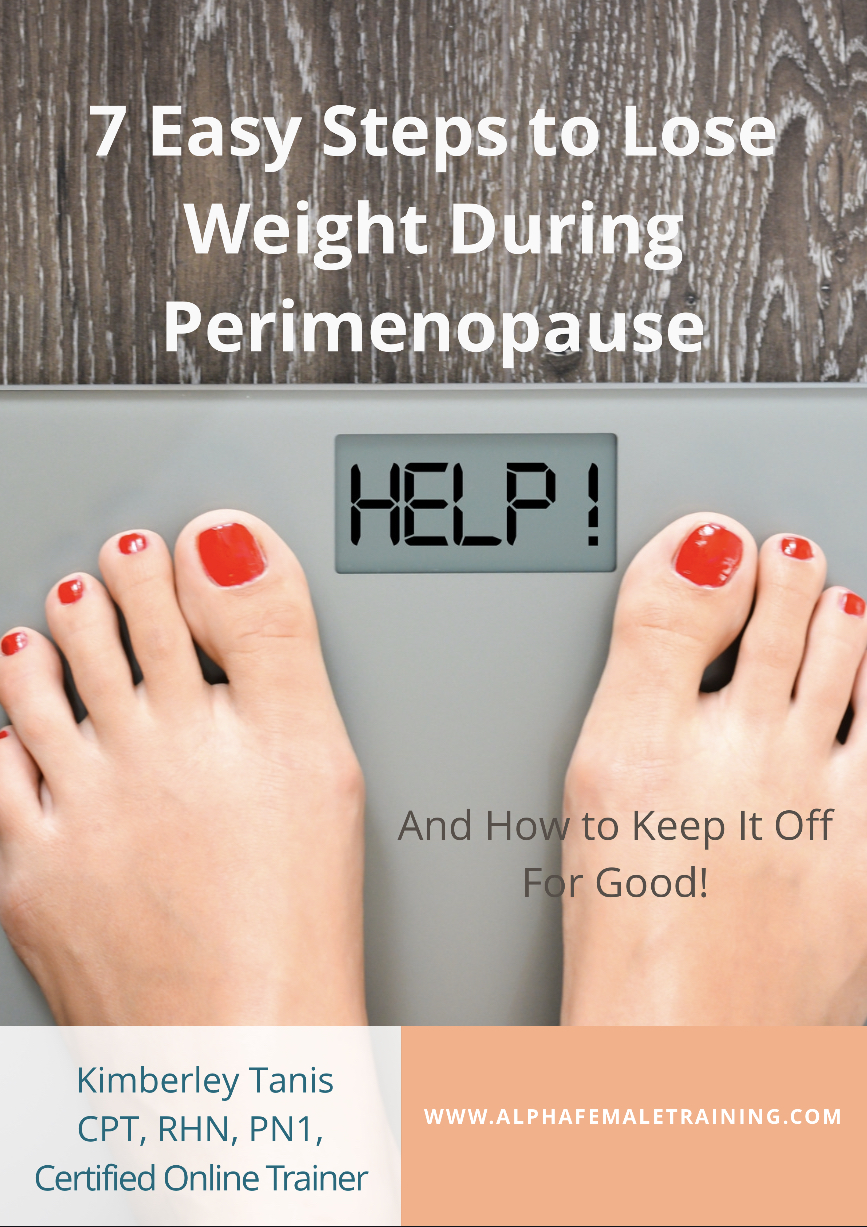All About Digestive Enzymes
Not everyone should be taking digestive enzyme supplements; and not all of them are created equal. However when you learn all about digestive enzymes you'll be able to make a more educated decision for yourself on whether or not to supplement your diet.
As a coach, I find that many women over 40 with digestive issues want to jump straight into using a supplement. And many times I would rather try other strategies first. Not to mention, that some supplements can be harmful if used inappropriately.
So, let’s dive into a few of the common digestive enzymes, what they do, and who should NOT take them.
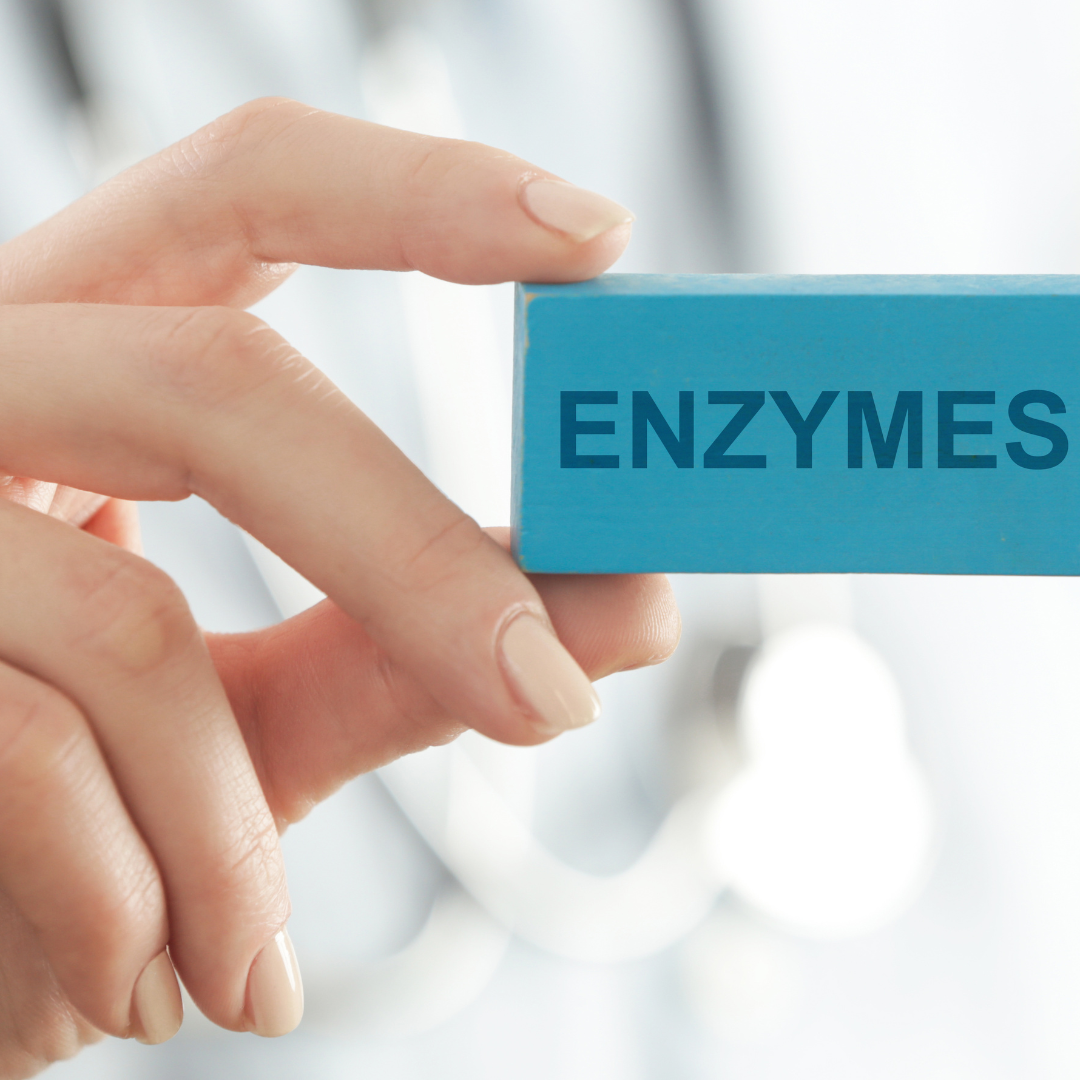
What are
digestive enzymes?
Let's talk about enzymes and how they help our bodies with critical biochemical reactions. Enzymes are compounds that can do a lot of different things in our bodies, from making important neurotransmitters like serotonin, to burning food for energy, to breaking down the food we eat into smaller pieces so that our guts can absorb them.
When it comes specifically to digestion, our bodies use something called "digestive enzymes" to help break down the food we eat. This is important because all of the carbs, protein, and fat we eat need to be broken down into smaller parts so that our bodies can absorb them properly. If we don't absorb them properly, we might start to feel tired or experience other symptoms of poor nutrition.
The good news is that our bodies have enzymes that can break down these larger nutrients into smaller parts, which our bodies can then rearrange to create the larger molecules that we need.
However, sometimes we might find that certain foods are distressing to our bodies making us bloat or feel like food is just sitting in our stomachs or causing gas pains. Paying attention to how foods make you FEEL can be helpful - ie dairy, protein, heavy carb meals etc.
Some of the most common digestive enzymes you might see on product labels include amylase (which helps break down starch), lactase (which helps break down lactose), protease (which helps break down protein), and lipase (which helps break down fats).
So if you're looking to improve your digestion, it might be worth considering a digestive enzyme supplement that can help your body break down the food you eat more efficiently.
Digestion issues are one of the most common complaints I see in women over 40.
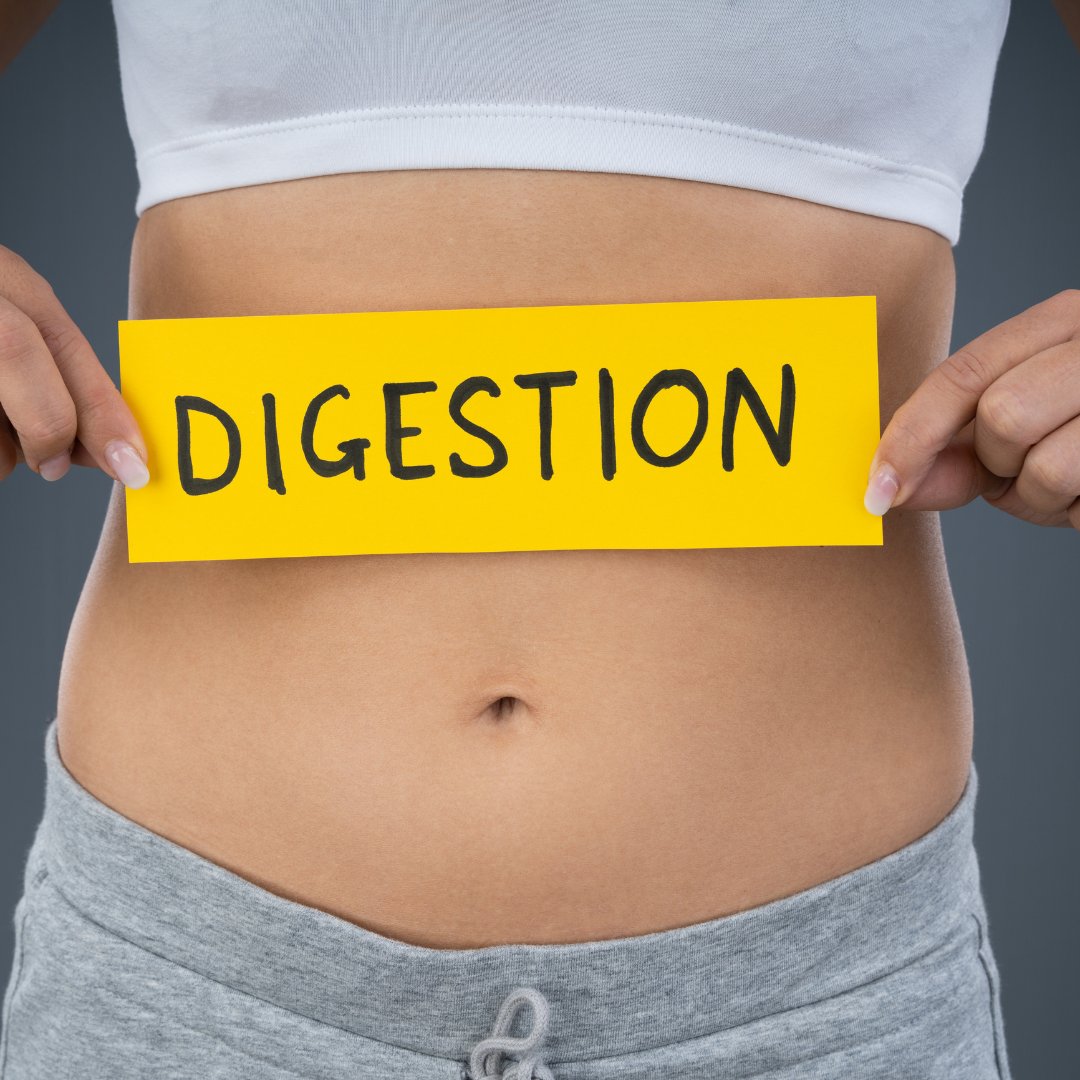
The most common digestive enzymes you’ll see on product labels are:
● Amylase - Helps to break down starch into its sugars.
● alpha-Galactosidase - Helps to break down specific “fermentable carbohydrates” into its sugars.
● Lactase - Helps to break down lactose into its sugars.
● Protease - Helps to break down protein into its amino acids.
● Bromelain and/or Papain - Help to break down protein into its amino acids.
● Lipase - Helps to break down fats into its lipids.
Should you consider taking digestive enzymes?
It's always a good idea to consult with a qualified healthcare practitioner to get their expert opinion on whether your symptoms might be related to digestion, and whether taking supplements could be helpful.
That being said, digestive enzymes can potentially help with some common symptoms like bloating, cramping, and diarrhea, especially if those symptoms tend to occur after eating certain foods (like dairy if you're lactose intolerant).
One possible reason for these symptoms is that the food we eat isn't being broken down properly, which means that larger food particles end up in our gut microbiota, where they can cause issues for some people.
However, it's important to note that having a healthy gut microbiota is really important for overall health, and research shows that it can impact everything from our digestion to our immune system to our mood. So while digestive enzymes might be helpful in some cases, it's important to take a holistic approach to gut health that includes a variety of strategies. Once you understand all about digestive enzymes you can decide what's best for you.
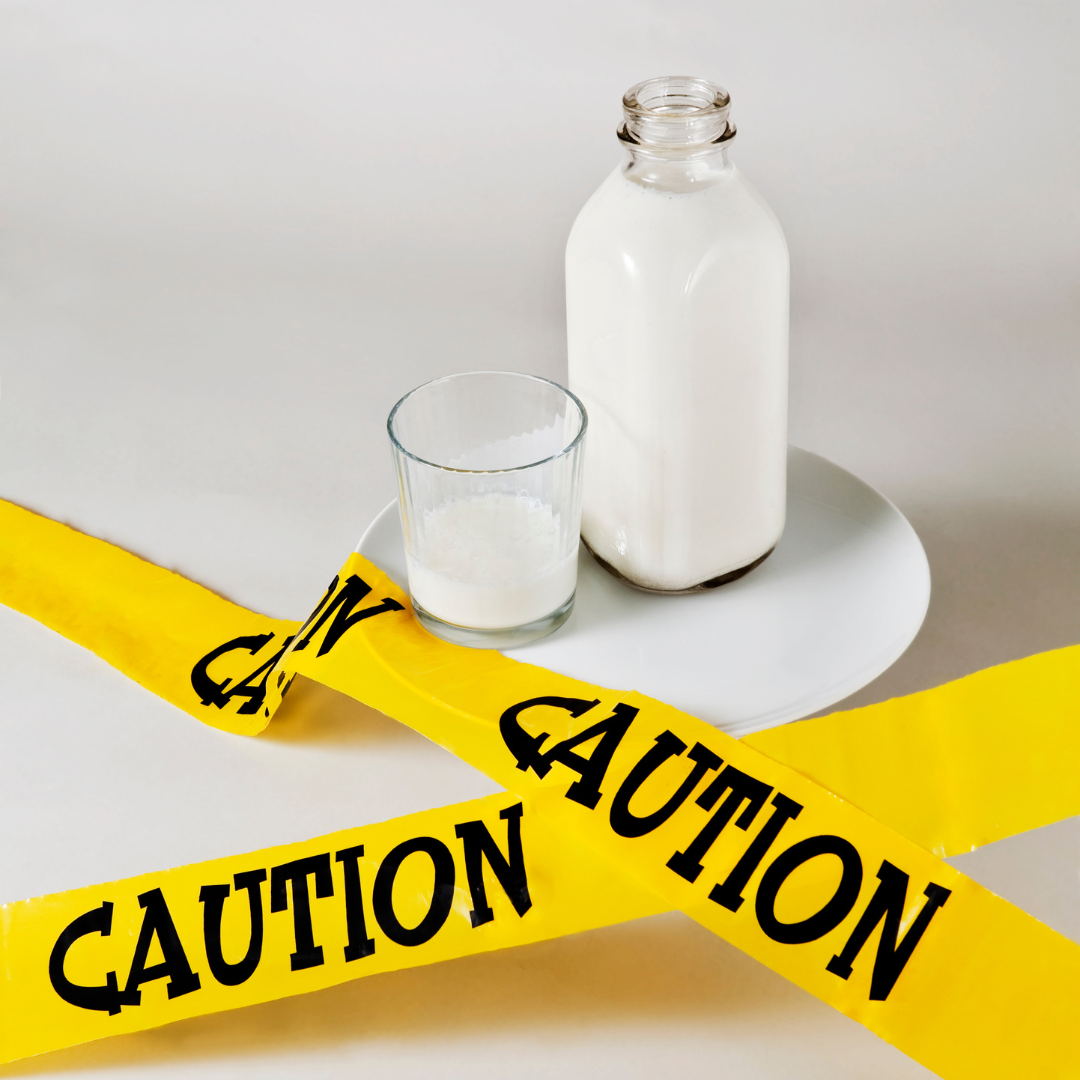
Medical conditions and digestive enzymes
It's important to always read the label of any supplement you're taking, and to follow the directions carefully. If you're not sure whether a supplement is right for you, it's always a good idea to talk to your healthcare practitioner, who knows your medical history and can give you personalized advice.
There are a few important things to keep in mind when it comes to digestive enzymes:
- If you have diabetes or are pregnant/breastfeeding, you should avoid taking digestive enzymes that break down carbohydrates into sugars. This is because these enzymes can break down more carbohydrates than your body normally would, which can be risky for anyone who is at risk of blood sugar issues.
- If you have an ulcer, or are taking blood thinners or anti-inflammatories, or if you're going to have surgery, you should avoid taking digestive enzymes that break down proteins into amino acids. These enzymes can potentially cause or worsen ulcers, and they can also thin the blood and interfere with normal clotting. So if any of these apply to you, it's best to avoid these types of enzymes.
All about digestive enzymes - possible side effects
Using digestive enzyme supplements for a prolonged period of time may well justify an appointment with a knowledgeable practitioner. There may be strategies other than daily supplementation that can serve you better.
If you find
that your digestive symptoms get worse, or even if they don’t get better, you should
probably stop using them.
Allergies are
always a possibility, so if you know or suspect you’re allergic, then you should
avoid them.
And, as always, keep supplements away from children.

Before you consider using a digestive enzyme supplement
Before being all about digestive enzymes in supplement form, it's important to try some other strategies and get a proper diagnosis if you're experiencing digestive distress.
My first suggestion for improving digestion would be to try some lifestyle changes, such as slowing down when you eat, taking more time to chew your food thoroughly, and finding ways to relax before and after meals. These simple steps can help to break down food more effectively and reduce stress on your digestive system.
The next step would be to consider eliminating certain foods from your diet that may be causing trouble. Common culprits include dairy and gluten, but it's important to work with a healthcare practitioner or registered dietitian to identify any specific foods that may be contributing to your symptoms. By making dietary changes and focusing on healthy digestion, you may be able to improve your symptoms without needing to rely on supplements.
While many supplements are safe products, they’re not all for everyone.
I recommend that you:
● Read your labels carefully (who should take them, how to take them, when to stop taking them).
● If you have a medical condition or are taking medications speak with your doctor or pharmacist.
● If you want expert advice on whether a specific supplement is for you, speak with a qualified health care practitioner.
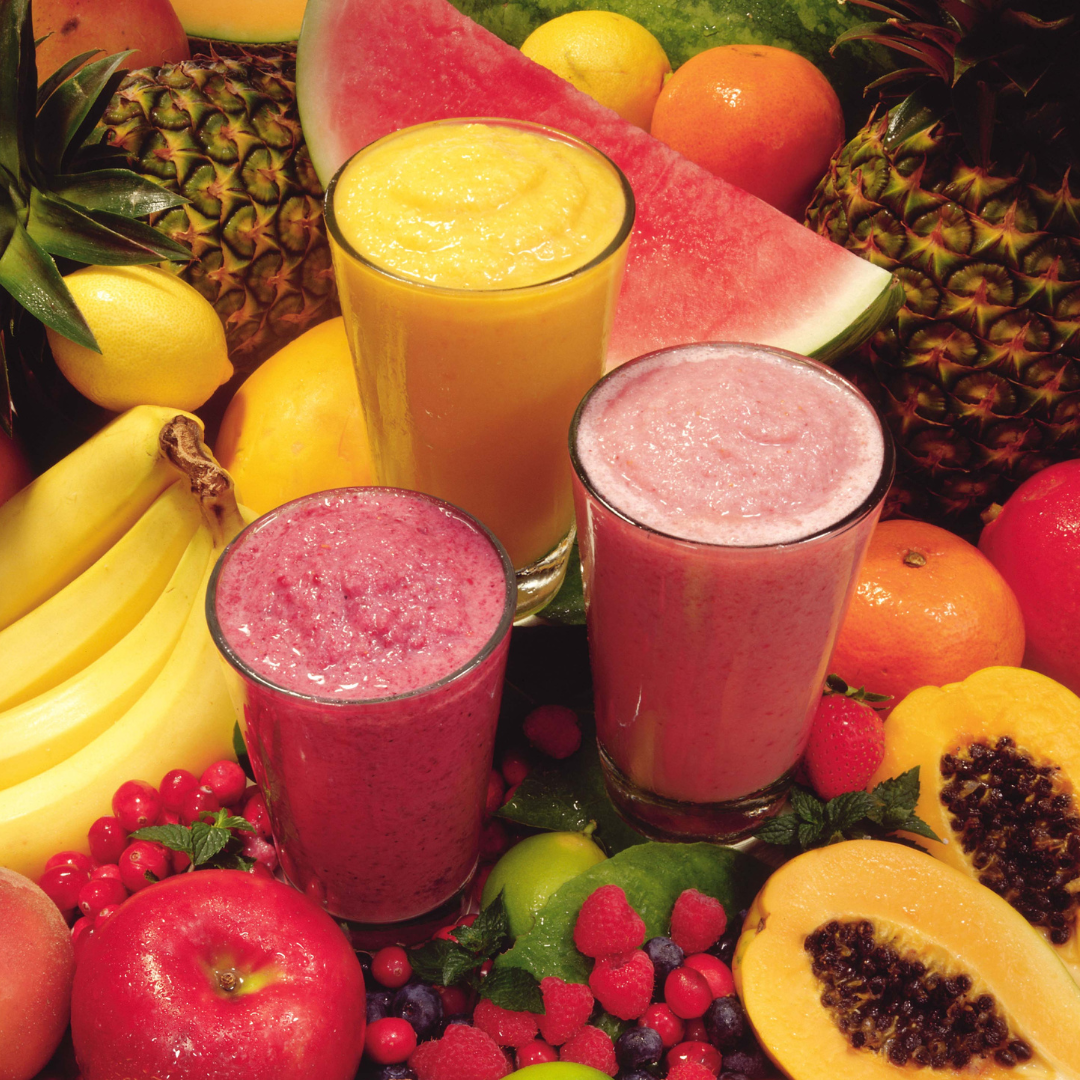
Recipe
Tropical (digestive) smoothie (containing bromelain & papain):
Serves 1
1 cup pineapple, diced
1 cup papaya, diced
1 banana, chopped
1 cup coconut milk
ice if desired
Put all ingredients(except ice) into the blender and blend. Add ice if desired.
Serve & enjoy!
The levels of enzymes in whole pineapple and papaya aren’t as concentrated as taking them in a supplement; so if you’re not allergic to these delicious fruits, you can try this smoothie that's all about digestive enzymes from nature.
https://www.dietvsdisease.org/digestive-enzyme-supplements/







